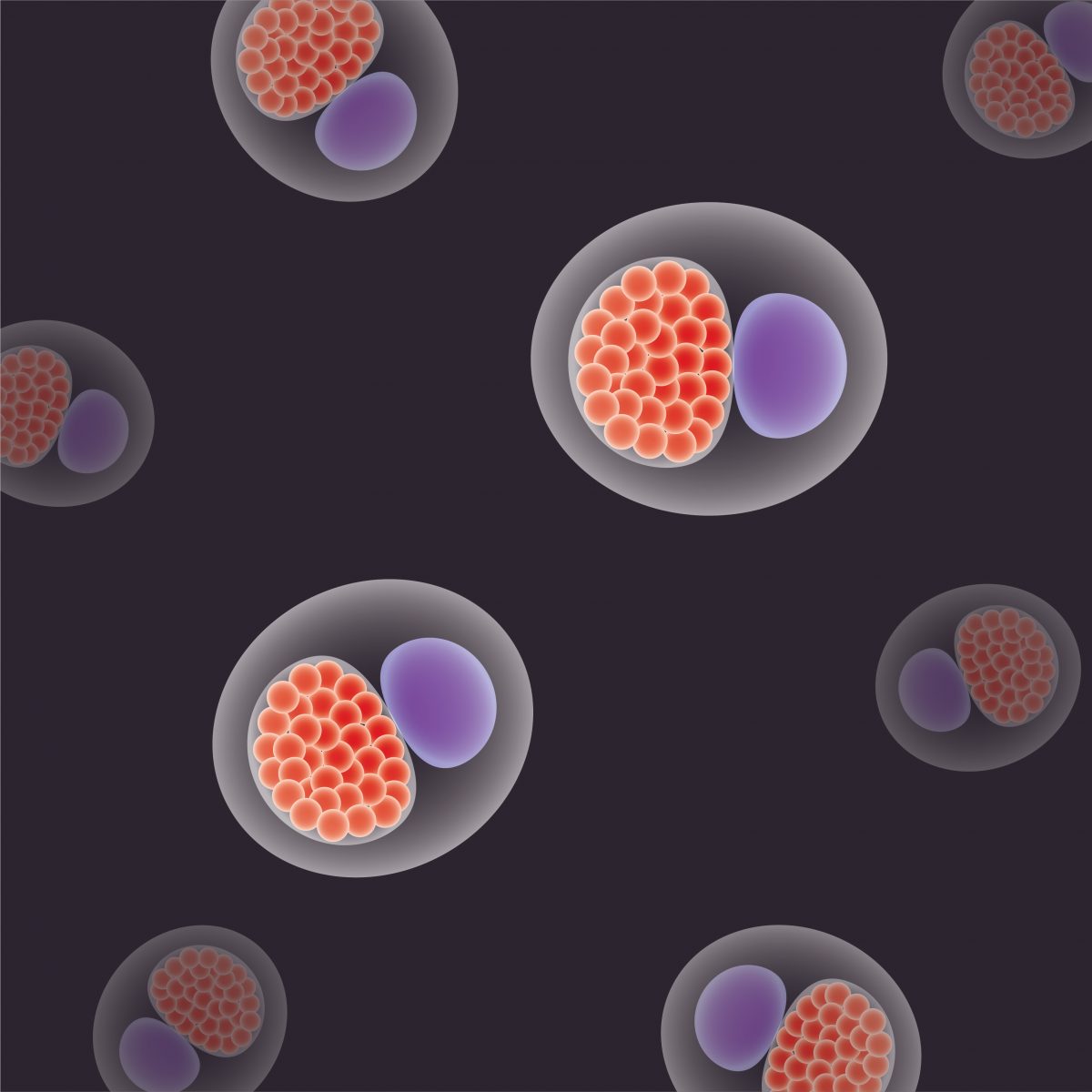What is it?
Chlamydia is a common sexually transmitted infection. It is caused by a bacteria called chlamydia trachomatis. It can infect both men and women. In women, it usually affects the cervix, while it may infect the urethra in both men and women. It can also infect the rectum, throat, or eyes.
How do you get it?
You can get chlamydia from any type of sex. Chlamydia infections like to live in the type of tissue that lines the openings of your body – like the vagina, the urethra, the rectum, or the throat. It can get passed between two people any time these tissues come together – which happens most often during unprotected vaginal or anal sex. It’s less common – but not impossible – to get chlamydia from oral sex.
What are the symptoms?
Most people who have it don’t know because they don’t have symptoms. A few people might have a thick yellow or clear discharge from the penis or vagina, pain or burning when they pee, or pain or bleeding during sex.
How do you know if you have it?
However, just because there may be no symptoms does not mean it’s not a serious problem. For women, an untreated chlamydia infection can lead to Pelvic Inflammatory Disease (PID), which can lead to infertility issues and chronic pelvic pain.
How to test for it?
A simple and painless urine test can be conducted to find out if you have chlamydia. A doctor may also collect a swab sample from the vagina or the cervix (for females) or the urethra (for males) during a physical exam.
How to get rid of it?
Chlamydia can be cured with antibiotics. The best way to cure chlamydia and keep from infecting your partners is to avoid sex for seven (7) days until the antibiotics have done their job. If you do end up having sex while the antibiotics are still working it is really important to use a condom. Make sure to finish the whole prescription even if you feel better – otherwise, the infection might not go away completely.
Source: https://www.healthline.com/health/std/chlamydia#risk-factors



